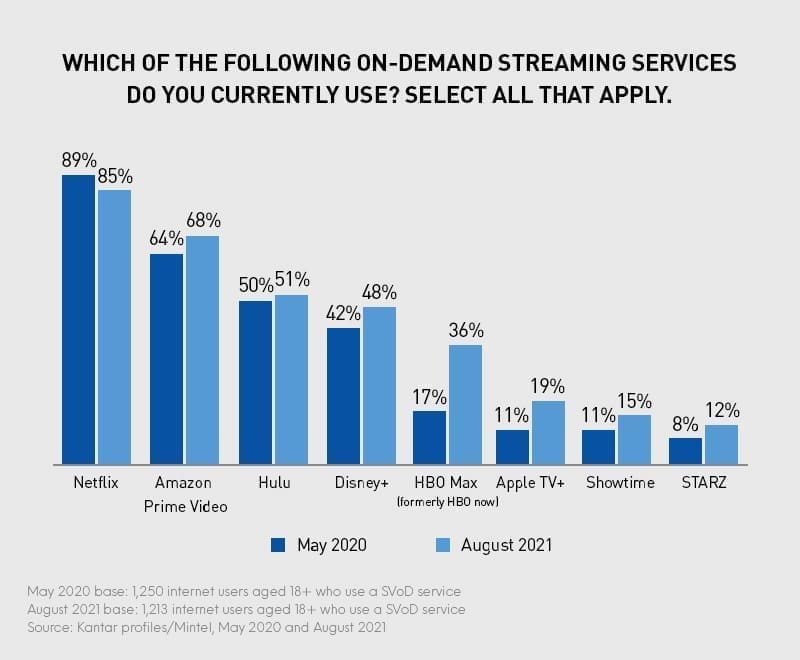Whilst Mintel’s research reveals almost nine in ten Brits (88%) claim to have used video streaming services in the past three months, a rising number of broadcasters are contending with this by airing landmark shows as simulcasts, so they can be enjoyed by fans across the globe simultaneously.
The rise of simulcasts
On Monday 6 April 2014, the opening episode of season four of Game of Thrones was broadcast as a simulcast on Sky Atlantic; airing at 2am in the UK to coincide with the episode’s 9pm EST airing on Sunday 6 April 2014 on HBO in the US. The move was made in order to combat the problem of piracy associated with Game of Thrones, which is currently the most pirated television show in the world according to TorrentFreak. Sky followed up with a simulcast for the first two episodes of 24 – Live Another Day on 6th May at 1am.
While some broadcasters, most notably Sky, have realised the importance of a convergence between international broadcasting times, there is still a large number of programmes where time lag remains a significant issue. For example, popular American comedies How I Met Your Mother and The Big Bang Theory continue to air in the UK months behind their initial US broadcast dates, whilst Sherlock and Downton Abbey are aired on PBS well after airing in the UK.
The more passionate a viewer is, the less likely they are to wait for ‘official channels’ to give them an opportunity to view their favourite programme. Therefore any UK broadcaster airing a show months after the US is not only losing an audience to piracy; but they are losing a part of the audience that cares the most about the show they are airing.
Competing with piracy
Going forward there needs to be recognition that audiences, particularly the most valuable audience members in ‘fans’, are simply unlikely to wait for their show once it has aired internationally. Piracy is pretty much inevitable in the Internet age, and television providers need to adapt further when it comes to their online service, beyond simply providing a catch-up option. This may mean being unafraid to put popular dramas online before airing them on television. This move is particularly necessary for the smaller ‘cult’ shows that exist primarily due to passionate fan bases. Even if the proportion of ‘fans’ that choose the legal option is not total, broadcasters will be capitalising on some of the most ardent viewers, some of whom might otherwise be lost to them entirely.
Rebecca joined Mintel in September 2013. Since joining Mintel, Rebecca has specialised in research for leisure and media reports.








































